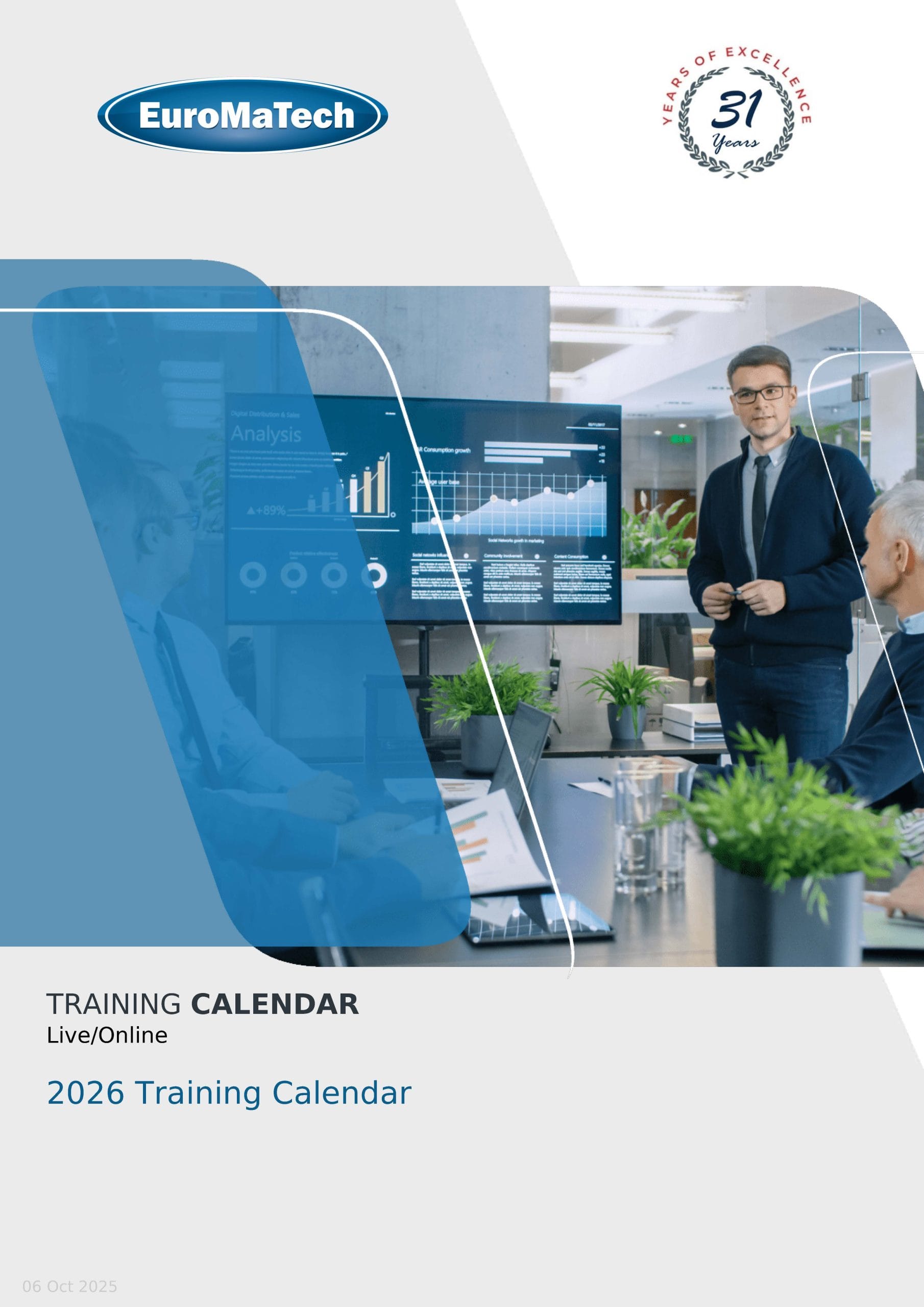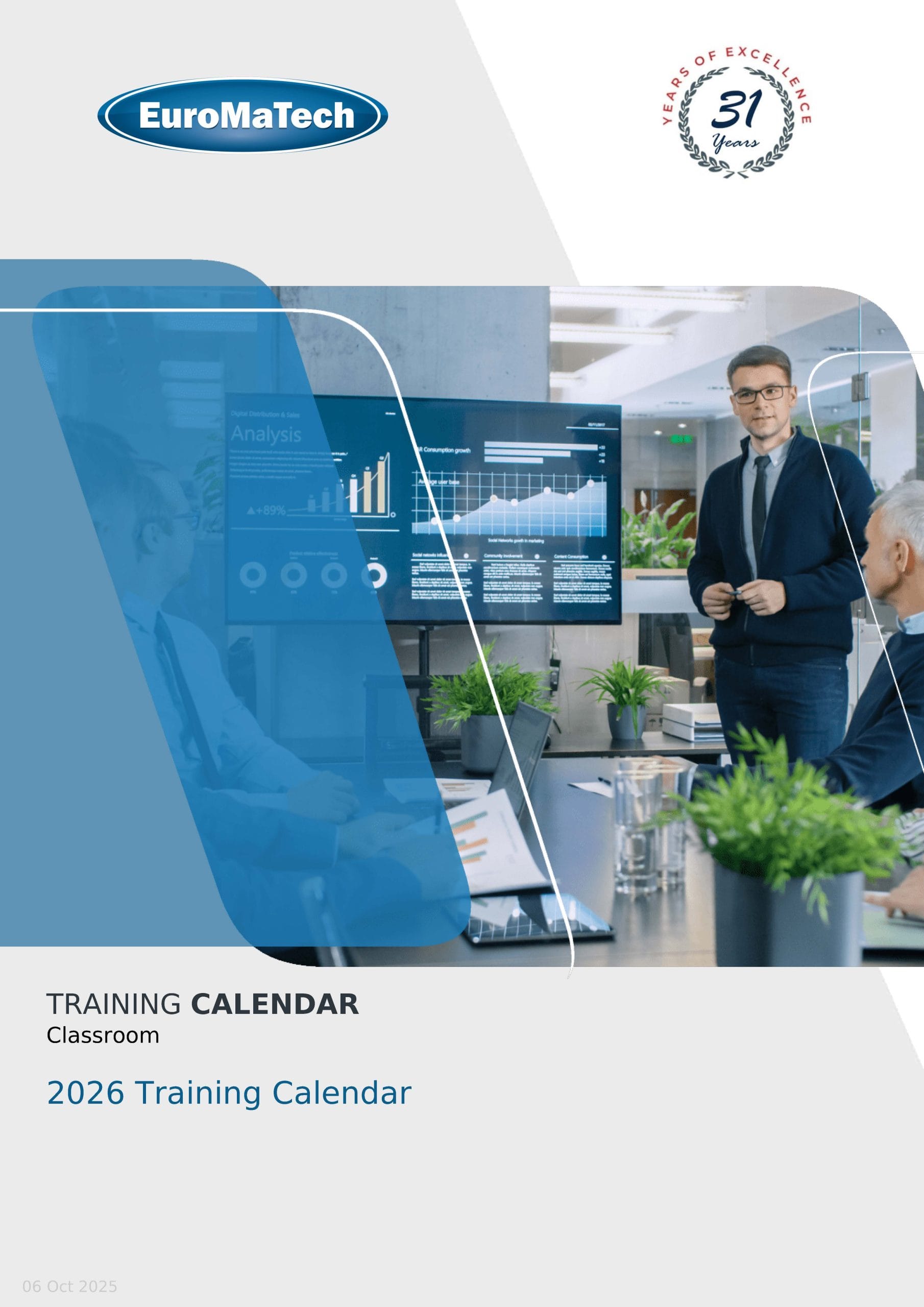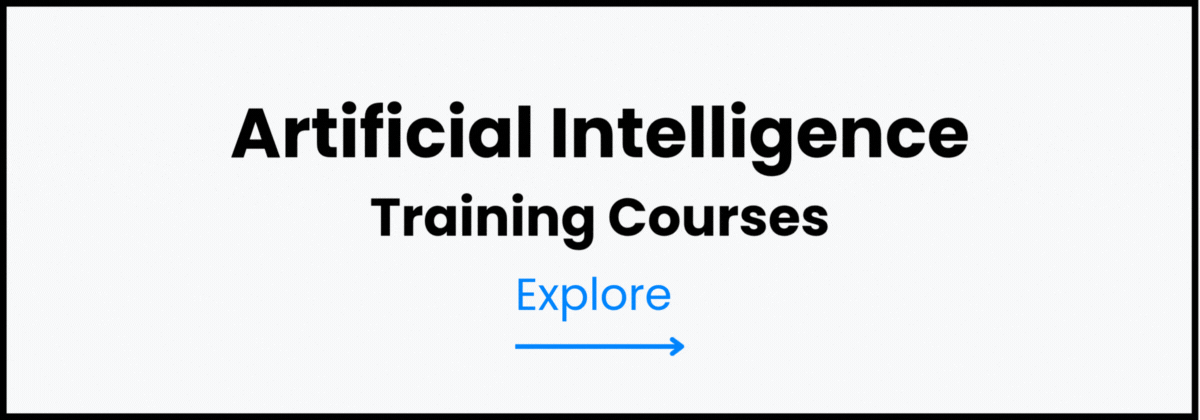How AI Is Changing the Recruitment Process
The Shift Toward AI-Powered Recruitment
Recruitment has long been one of the most resource-intensive responsibilities of HR. Traditionally, hiring managers and recruiters relied on manual processes such as reviewing resumes one by one, conducting multiple rounds of interviews, and making decisions based on subjective impressions. While effective in some cases, these methods were often slow, inconsistent, and prone to unconscious bias, limiting access to diverse and highly qualified talent.
Today, the landscape is rapidly evolving. The introduction of AI in HR has transformed the way organizations approach hiring by making it faster, fairer, and more data-driven. From automated resume screening to predictive analytics, the AI hiring process is helping recruiters identify top candidates more efficiently while reducing human error. These technologies allow organizations to focus on skills, competencies, and cultural fit rather than being constrained by outdated manual methods.
The growing use of AI in recruitment reflects a broader trend of digital transformation within HR. Companies across industries are adopting AI-driven tools such as chatbots, video interview platforms with AI analysis, and predictive candidate scoring systems. This adoption not only saves time and resources but also enhances the overall candidate experience by providing quicker responses and more transparent evaluations.
In short, AI is no longer a futuristic concept—it is becoming a standard part of modern recruitment strategies. Organizations that embrace AI-powered hiring are better positioned to attract top talent, improve efficiency, and stay competitive in an increasingly digital world. Explore: Human Resources Training Courses
Key Ways AI Is Transforming the Recruitment Process
Artificial intelligence is redefining how organizations identify, engage, and select talent. The use of AI recruitment tools streamlines every stage of the hiring cycle, making it faster, more objective, and more efficient. Below are the most impactful applications reshaping the AI recruitment process.
-
Resume Screening & Shortlisting
Traditionally, recruiters spent hours sifting through resumes, increasing the risk of errors and overlooking qualified candidates. With AI in hiring, automated resume screening tools can quickly analyze thousands of applications and identify the most relevant matches based on skills, experience, and keywords. This not only speeds up the process but also reduces human bias, ensuring that decisions are made on measurable criteria rather than subjective impressions.
-
Chatbots & Candidate Engagement
One of the most widely adopted AI recruitment tools is the chatbot. These virtual assistants provide 24/7 responses to candidate inquiries, schedule interviews, and keep applicants informed about their status in the process. By offering instant, consistent communication, chatbots enhance the candidate experience and free recruiters from repetitive administrative tasks.
-
Predictive Hiring
The use of predictive analytics in the AI recruitment process enables organizations to forecast a candidate’s potential for success. By analyzing data from past hires, AI can highlight patterns that indicate high performance, cultural alignment, and long-term retention. This approach allows HR teams to make smarter hiring decisions and reduce costly turnover.
-
Video Interview Analysis
AI-powered video interview platforms are becoming increasingly popular in modern AI in hiring strategies. These tools go beyond recording responses—they analyze tone of voice, word choice, and even non-verbal cues such as facial expressions or body language. While not meant to replace human judgment, these insights provide recruiters with additional data points to evaluate candidates more objectively and fairly.
In essence, the AI recruitment process improves efficiency, enhances candidate engagement, and increases accuracy in hiring decisions. Organizations that leverage these tools are not only saving time but also building stronger, more diverse talent pipelines. Explore: AI Training Courses
Benefits of AI in Recruitment
The growing use of artificial intelligence in hiring is not only transforming processes but also delivering measurable advantages for both organizations and candidates. By automating repetitive tasks and applying data-driven insights, AI strengthens decision-making and creates a more efficient and inclusive hiring journey. Below are the key benefits of AI in recruitment that are driving widespread adoption. Course: Project Success with Artificial Intelligence Training
-
Saves Time and Reduces HR Workload
One of the most immediate AI in HRM benefits is efficiency. AI-powered tools can scan resumes, rank candidates, and handle scheduling within minutes—tasks that traditionally consumed significant recruiter time. By reducing administrative workload, HR teams can dedicate more energy to strategic initiatives such as talent development and workforce planning.
-
Improves Candidate Experience with Faster Communication
AI-driven chatbots and automated updates ensure candidates receive timely feedback and guidance throughout the recruitment cycle. Faster communication enhances transparency, keeps applicants engaged, and creates a positive impression of the employer. A smoother candidate journey helps organizations stand out in competitive job markets.
-
Enhances Diversity by Reducing Unconscious Bias
Another important advantage is the ability to reduce bias in hiring. AI tools can perform blind resume screening and standardize assessments, focusing solely on skills and qualifications. By minimizing the influence of demographic details, AI promotes greater diversity and inclusivity, helping organizations build stronger and more innovative teams.
-
Provides Data-Driven Insights for Better Hiring Decisions
AI systems analyze historical hiring data and performance trends to deliver actionable insights. Recruiters can identify which candidate attributes correlate with long-term success, allowing for more accurate and evidence-based hiring decisions. This predictive capability improves workforce quality while reducing the risk of costly mis-hires.
In short, the benefits of AI in recruitment extend far beyond efficiency. By combining speed, fairness, and data-driven accuracy, AI enables HR teams to create hiring processes that are smarter, more inclusive, and better aligned with organizational goals. Course: AI & Machine Learning Policy and Oversight Course
Challenges and Ethical Concerns in AI Recruitment
While artificial intelligence has streamlined hiring, it also raises important risks and ethical dilemmas that organizations must address. Without proper oversight, the same tools designed to enhance fairness and efficiency can unintentionally create new problems. Understanding the challenges of AI in recruitment is essential for HR leaders to use these technologies responsibly and maintain trust in the hiring process. Course: AI for Healthcare Professionals Training
-
Risk of Algorithmic Bias if Training Data Is Flawed
AI systems learn from historical hiring data, and if that data contains bias, the algorithms may replicate or even amplify it. For example, if past recruitment patterns favored certain demographics, the AI could unintentionally perpetuate the same bias. This is one of the most critical ethical concerns of AI in HR, highlighting the need for regular audits, diverse datasets, and human oversight to ensure fair outcomes.
-
Data Privacy Concerns with Candidate Information
Recruitment involves collecting and analyzing large amounts of sensitive personal data. With AI-powered tools, there is an increased risk of mishandling or unauthorized use of this information. Candidates may worry about how their data is stored, processed, and shared. To address this, organizations must implement strict data protection policies, align with regulations such as GDPR, and clearly communicate how AI tools handle candidate information.
-
Lack of Transparency in Automated Decisions
Many AI recruitment systems function as “black boxes,” making it difficult for candidates—or even recruiters—to understand how decisions are made. This lack of transparency can lead to distrust, especially if applicants are rejected without clear explanations. To build credibility, organizations should prioritize explainable AI models and maintain accountability for all AI-driven decisions.
-
Balancing AI Automation with Human Empathy
Although automation speeds up the hiring process, it cannot replicate the empathy, intuition, and relationship-building that human recruiters bring. Over-reliance on AI risks making recruitment feel cold and impersonal. A balanced approach—where AI handles repetitive tasks while HR professionals provide context, empathy, and judgment—ensures both efficiency and humanity in the hiring experience.
In summary, the challenges of AI in recruitment highlight that while technology is a powerful enabler, it must be paired with ethical safeguards. Addressing bias, privacy, transparency, and the human dimension ensures that AI supports—not undermines—fair and responsible hiring practices. Course: AI for Data Analytics Training Course
FAQs on AI and Recruitment
-
How does AI improve the recruitment process?
The use of AI in recruitment makes hiring faster, more efficient, and less prone to human error. AI systems automate resume screening, predict candidate success, and streamline interview scheduling. This not only speeds up the AI recruitment process but also ensures recruiters focus on evaluating the best-matched candidates.
-
Will AI replace human recruiters?
No, AI will not replace human recruiters. While AI hiring tools handle repetitive tasks such as screening applications or answering candidate queries, they cannot replicate human judgment, empathy, and relationship-building. Instead, AI acts as a partner to recruiters, freeing them to focus on strategic decision-making and candidate engagement.
-
Is AI recruitment fair for all candidates?
When implemented responsibly, the AI recruitment process can be fairer than traditional methods because it minimizes unconscious bias by focusing on objective criteria like skills and experience. However, fairness depends on the quality of the training data and oversight. Regular audits and transparency are crucial to ensuring equitable outcomes.
-
What are the main benefits of AI hiring tools?
The biggest advantages of AI hiring tools include saving time, reducing recruiter workload, improving candidate engagement, and providing data-driven insights for better decisions. They also enhance diversity by reducing bias in screening and creating consistent, transparent evaluation processes. These benefits make AI an essential component of modern recruitment strategies.
Explore Courses From Our Top Categories:
➡️Business Training Courses – ➡️ Data Training Courses – ➡️ Technical Training Courses – ➡️ HSSE Training Courses
Conclusion
The growing use of AI in recruitment is reshaping how organizations attract and evaluate talent. Rather than replacing recruiters, AI acts as a powerful enabler—automating repetitive tasks, reducing unconscious bias, and providing data-driven insights that lead to smarter hiring decisions. By handling resume screening, candidate engagement, and predictive evaluations, AI allows HR professionals to focus on the human aspects of hiring such as relationship-building, cultural fit, and long-term employee development.
The key to success lies in responsible adoption. HR leaders must approach AI as a strategic partner, ensuring transparency, fairness, and compliance at every stage of the AI in HRM journey. When implemented thoughtfully, AI empowers organizations to achieve faster, fairer, and more efficient recruitment outcomes while enhancing candidate experiences and strengthening employer brands.
In short, the future of recruitment belongs to those who embrace AI responsibly—leveraging technology to enhance human judgment and create inclusive, forward-thinking hiring processes.
Also Read: What is Recruitment in HR?





